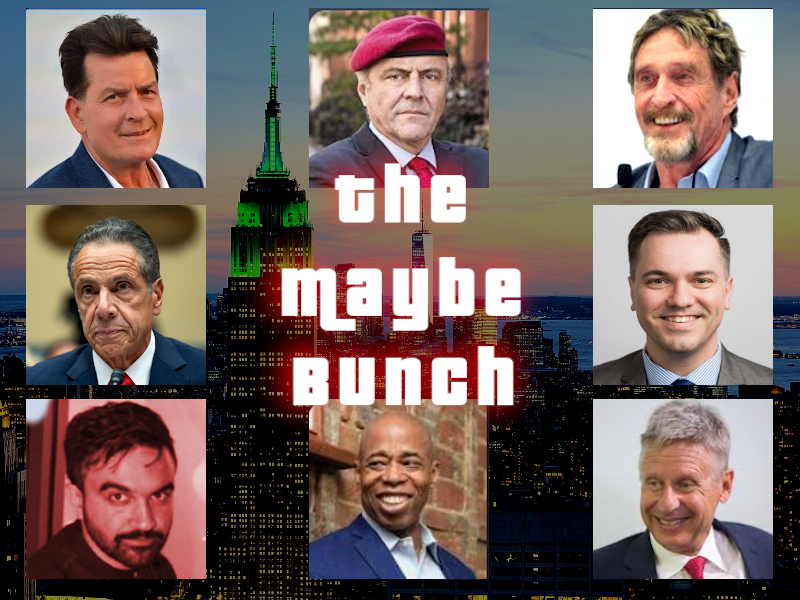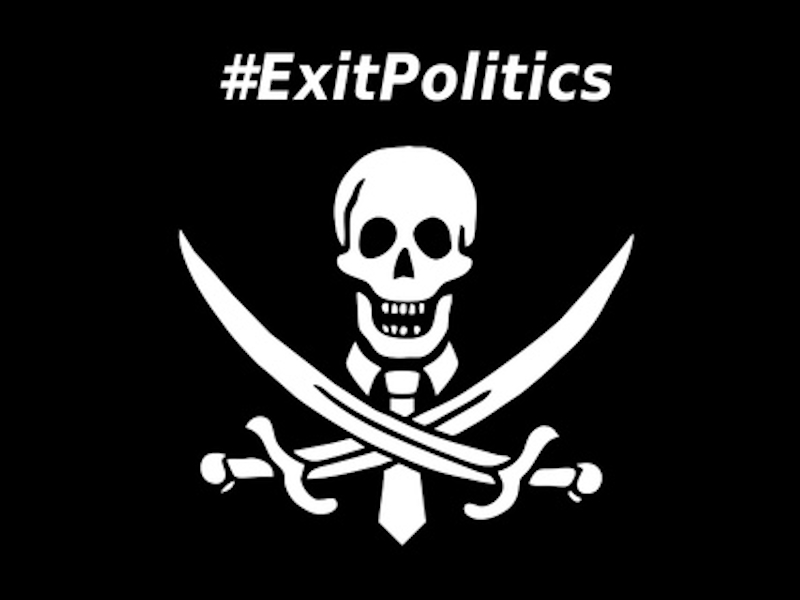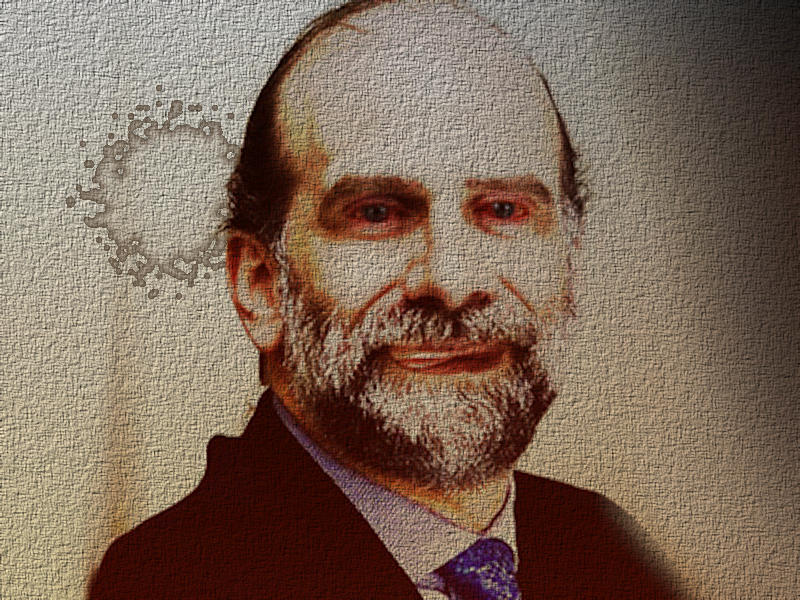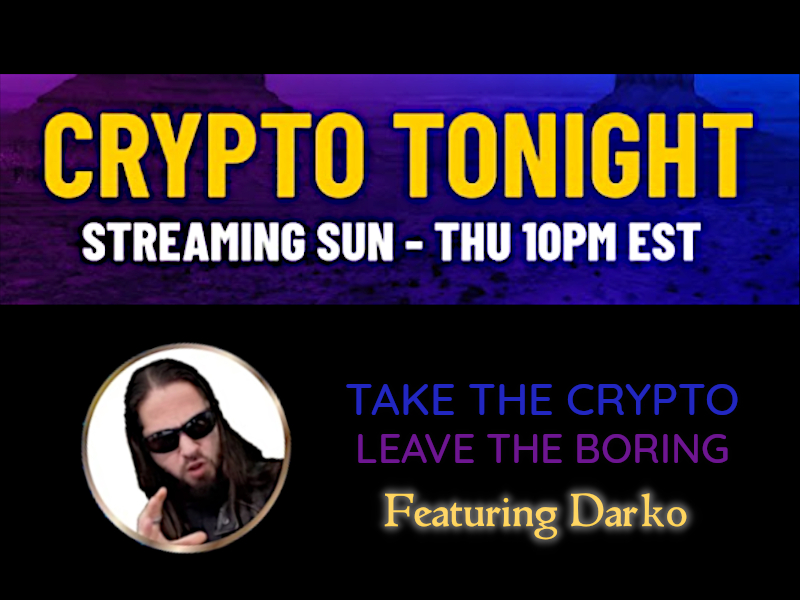
Staring Down The Barrel of a Kalashnikov
Watching the "race" to determine the next mayor of New York City is starting to feel a lot like reading a book you've already read or or watching a movie you've already seen. You know how it ends. You know that nothing you say or do can change that ending. And yet despite this reality, it is still possible to feel affected by the drama as the story unravels and to enjoy the book or movie a second, third or even hundredth time. It's the journey, not the destination... or something like that. But for many people, it is also possible for our inner child to hope against sanity that, somehow, the ending will be different this time.
Having some small experience in politics, and a lifetime of studying history and maintaining a general awareness of contemporary issues and events, the writing on the wall in New York is pretty clear to me, as it should be to most people by now. The momentum is with the Democratic candidate Zohran Mamdani, and barring some game-changing event, the discovery of some serious skeletons in Mamdani's closet, or a divine intervention like Charlie Sheen throwing his hat in the ring, Mamdani is very likely to be the next mayor of New York. Any of these things could obviously still happen, but for now the polls strongly favor Mamdani. The word from the betting markets is even more grim, with all odds favoring Mamdani by a mile.

There is one other change in the landscape that could influence the outcome, and it is the reason for this article. The opposition to Mamdani could rally around a single candidate, allowing all of the energy and resources available to be spent towards the singular purpose of elevating this individual and defeating Mamdani. Unfortunately, as each day passes it becomes less likely to change the outcome. In this particular instance, it is possible that the window on this making a difference has closed entirely. But it is still worth talking about, still worth hoping for if you oppose Mamdani, and also a situation that I have personal experience with the wrong choices being made and that ended with the worse outcome being achieved.
In 2016 I was a staffer and sometimes advisor on John McAfee's campaign for the Libertarian nomination to run for President of this country. What I experienced made me despise politics even more than I already did, which was no small feat. The Libertarian party is so small, and so structurally insignificant in the political landscape of the nation, that experiencing dirty dealing and corruption there made me realize just how rotten the larger parties must truly be. This was mere child's play - people fighting over scraps - yet I met people that would slit their own mother's throat for those scraps, and acted like it.
We had many opponents coming out of the gates. 2016 was an exciting year that saw the definitive breaking of the political calculus used confidently by participants, pundits and historians alike to understand what is happening in the political world. It is the reason that so many people made horrible predictions about the outcome and, particularly, about Donald Trump. In the Libertarian race to determine the party's champion for this once-in-a-lifetime window of opportunity that had opened, the main candidates were McAfee, Gov. Governor Gary Johnson, and a young man named Austin Petersen.

Johnson had been Governor of New Mexico, and should my brain ever be afflicted by the horrors of amnesia, dementia or worse, I will probably still remember this fact because Johnson mentioned it at every opportunity. Petersen had worked with Fox Networks on Judge Andrew Napolitano's show, but had also built a personal brand as a Liberty-themed meme-lord on the internet, enjoying an intensely loyal and enthusiastic base of support including many card-carrying Libertarians. McAfee had never been involved with the party before, so he brought his support base with him, and aimed to convince the rest by making a fair fight of it.
Johnson, on the other hand, had every form of momentum behind his candidacy and also did not appear to have any scruples about how he won. He had been their nominee before, which didn't stop his supporters from claiming it was somehow "His Turn" in a bid to shame the opposition out of the race. The rank-and-file party members were largely behind him, as was the leadership of the party. He was, without abusing the phrase at all, the Establishment candidate insofar as the Libertarian Party could be considered an establishment. The polling reflected this, and we were not blind to it. Neither were Peterson's people.
Given these conditions, it was probably inevitable that the idea would arise in both camps about the possibility of a rapprochement between the Peterson and McAfee campaigns - a combined ticket that could garner enough support to defeat Johnson. This kind of deal is a difficult one to realize in the Libertarian Party because they don't run a combined ticket.
In the Libertarian party, the Vice Presidential candidate is selected through a separate round of voting after the Presidential voting. While the membership has traditionally been inclined to accept the endorsement of the Presidential candidate for their preferred running mate, this is not a given and hasn't always happened. To meld two campaigns, one candidate would need not only to swallow their pride and accept the less glamorous role. They must also risk coming up with nothing.
I remember John asking my advice when the feelers that each team had put out landed home and the first discussions were taking place. And I regret to report that this was one of the hopefully few occasions that I gave him poor advice. I didn't know very much about Mr. Peterson at the time. I had not heard of him at all prior to John's Libertarian campaign. My impression of him several months in was that he was a decent fellow and a hard worker. There was no denying the base of support he had built, energetically and basically from nothing. John had a million followers on Twitter, but Peterson’s base was larger in terms of people that would join the party and show up to cast a vote.
I told John this, a few other things, and I also pointed out that none of the plots or evidence of dirty maneuvering we had uncovered so far, and there was plenty of both, traced back to Peterson's camp. In total, given a realistic assessment of our chances and the people involved, I was in favor of a union. Ultimately so was John. So who gets to be Vice President?
That's where it all fell down and where no consensus could be reached. Both sides had compelling arguments supporting their candidate's claim to the top of the ticket. Peterson's people believed that his larger support base, hard work and youthful, energetic appeal entitled him to the top slot. Team McAfee didn't deny these realities, but felt that John's national name recognition was far larger, as was his potential for media resilience in a national campaign.
As we saw it, in a national campaign, Peterson would have been easily sidelined and excluded from the process, like those before him and as Gary Johnson later was. In contrast, trying to exclude a fully credentialed John McAfee from the debates would have had a similar effect as doing it to Donald Trump - they would have been doing us a favor. Like Donald Trump, John's weaknesses were also his strengths, and events and ideas that would bring other men down would only add more fuel to John's fire. In other words, we truly believed that given what everyone should have known was coming, John was the best choice the party could have made for the top slot in 2016.
So when John asked if I thought he should accept the lesser role, I said NO, resoundingly. That would be absurd. And since Peterson's people felt the same way, nothing came to anything. The discussions I remember were courteous and respectful but unproductive. Ironically, at the very end, when it was clear that everyone was losing to Johnson, a merger was affected. There was even a symbolic tearing down of the wall between the two camps - the convention headquarters for each were in adjoining rooms in a hotel. I was there when the doors were opened, and the two camps began to mingle and bathe in their shared opposition to Johnson. It was exciting and I am glad to have been there, but when you tally the score, all we were by then was a room full of losers, having done too little, too late.
My only consolation is that I wasn't in charge. It wasn't my decision to make. I was one of many people John put the question to, several of whom had far more influence over his decision making process than I did. But I'm sure most if not all told him the same thing. I'm not a person to wallow in regret, and I realize that I'm not the same person now as I was then. But if it happened again today, my advice would be different. John would have heard from at least one person that 50% of nothing is still nothing, and we should sacrifice whatever is necessary and eat whatever crow was served to have at least a shot.
Our focus should have remained on the idea that Gary Johnson was a terrible waste of a candidacy in so important a year. That even as the Vice Presidential candidate under Peterson, John would have been able to make plenty of noise to bring attention to his message, which is all he really wanted to do. He may have even been able to help insulate Peterson from the inevitable effort to sideline and mute him. Looking back at it, I believe that the combined force could have overtaken Johnson if it had been done right away, despite the corruption in the party and the momentum enjoyed by Johnson. And those of us that refused to settle for less than the ideal situation - we are responsible for squandering that potential.
I don't believe for a moment that the issues or questions involved in the mayoral election are the same. Without meaning to be rude, it seems from a distance that ego concerns are playing a far larger role than it did with us. That being said, it certainly doesn't seem as if there is nearly as much simpatico between the opposition candidates as we enjoyed with Peterson's people, and that makes it harder. Despite this, one thing is the same: there is the very real possibility of the polls, and the betting, changing rapidly and dramatically if there was only one standout opposition candidate instead of several aggressive campaigns for the slot.
I don't know any of the men involved, and none of them ask me for advice. But if they did, I would tell them this story, and all about my associated lament. While they all seem to believe different things about government and how it should function, none of them strikes me as having Marxist values as Mamdani appears to. The fact that someone runs as a Democrat or calls themselves a Democratic Socialist proves nothing about their beliefs. For that, we must look to their history of public statements. And Mamdani, to anyone not playing games with words, has a pretty clear track record of embracing Marxist concepts and sympathy for Marxist causes.
When a person with very Libertarian ideas runs for office as a Republican, as Austin Peterson later did, they don't magically change their core beliefs. They're looking to slipstream their Libertarian ideas into power using the Republican party as a carrier. To do this, there are compromises they must make and an image they must project. None of this changes what is underneath, what will come to the fore once the opportunity is present. In other words, once they are in power.
Despite whatever differences these opposition candidates have, they all share one thing in common: adherence to a general worldview that is anathema to the ideas of Communism. Each has a vision for New York; Communism and Marxist values strike against every tenet of every one of those visions. It may be a matter of opinion, but I think that if each of the opposition candidates love New York City as much as they project to the public, they should rather any outcome than that great American city falling to the red flag.
That may mean that the most qualified, most entitled or most beloved person doesn't get the job. It might mean personal ambitions that are not met. Agendas that will not be realized. The loss of money, prestige. For some, it might mean waiting a few years to try again. It's a big ask no matter how you slice it. But based on my own experience and everything I believe it would be the right move, the best move, for any of the gentlemen involved, none of whom are perfect candidates.
So to each of these men I say this: The best time to pick up the phone and hammer something out was yesterday. But today is as good a day as you're going to get. If you genuinely wish to be a hero to New York City, this is where you start.









